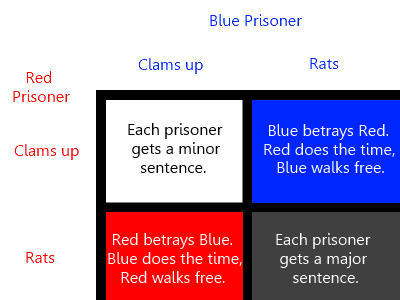Sundays are the only days that Sarah and I reliably have free, so Sundays are when we let the Dungeons and Dragons Roll. Sarah runs a campaign in the afternoon and I run a campaign in the evening. In Sarah's campaign, I play a bard. She has developed an incredibly detailed, fleshed out word with plenty of intrigue. Our party is a group of adventurers comissioned by the Crown Prince to locate a magical artifact, the Celestial Crown. In my campaign, a ragtag rebellion fights a losing battle agaisnt the Imperial Army of Harlandy, struggling for control of the Blood Throne. If Dungeons and Dragons, or fantasy aren't really your shtick, I can't imagine either on of these stories appealing too much to you, but it's a hell of a lot of fun. In the future, I will be posting information on worldbuilding and campaigns. However, with the current campaigns already in full swing, I feel like blogging on that would be like throwing someone into the deep end of the pool.
After Dungeons and Dragons, some stayed, some left, and some new players came over, and we had a boardgames night! Or, to be truthful, Elixir night. We played two games of Elixir, a card game where players strive to collect magical ingredients to cast spells which can change the very rules of the game. Challenging, yet fun. Especially when someone casts the "Lark" or "Cyrano" cards which oblige musical and poetic performances (respectively) from the other players. I had a few readings to catch up on, so I sat out most of the final game of the night, Disney Scene-it.
Speaking of readings, today I had my three hour lecture on post-industrial democracies! If you don't follow politics, you would be bored to tears. One of the subject we touched on (albeit briefly) today was the Prisoner's Dilemma. If you follow the link, you can get the link to Wikipedia, which will be able to give you both a wider depth and breadth of knowledge on the subject than I can possibly provide. To sum it up, look at this handy picture I made.
After Dungeons and Dragons, some stayed, some left, and some new players came over, and we had a boardgames night! Or, to be truthful, Elixir night. We played two games of Elixir, a card game where players strive to collect magical ingredients to cast spells which can change the very rules of the game. Challenging, yet fun. Especially when someone casts the "Lark" or "Cyrano" cards which oblige musical and poetic performances (respectively) from the other players. I had a few readings to catch up on, so I sat out most of the final game of the night, Disney Scene-it.
Speaking of readings, today I had my three hour lecture on post-industrial democracies! If you don't follow politics, you would be bored to tears. One of the subject we touched on (albeit briefly) today was the Prisoner's Dilemma. If you follow the link, you can get the link to Wikipedia, which will be able to give you both a wider depth and breadth of knowledge on the subject than I can possibly provide. To sum it up, look at this handy picture I made.
This is one of the most basic and well known examples of game theory. It has a readily understandable system of who wins what, under what circumstances. It is applicable not just to game design (more on that later), but also to political interaction. I found it helpful to consider what political actions can be explained with such a model. We'll be talking about it more next week, but suffice to say, this is the kind of stuff that really gets my motor going.
-Alastair
-Alastair


 RSS Feed
RSS Feed